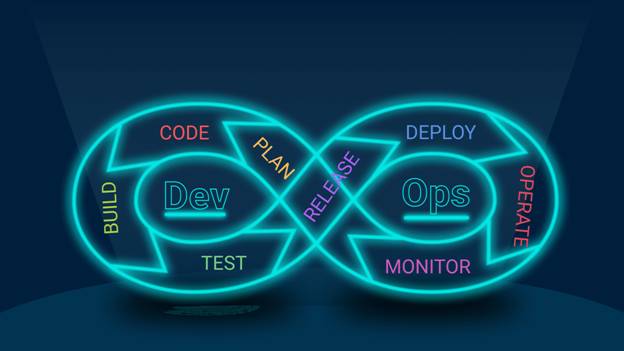As more and more organizations destroy the walls between software developers and IT operations, the concern about how to hire DevOps engineers has become more critical and difficult. Eligible candidates have become a hot commodity in this cut-throat market, and for DevOps engineers, the whole world is their oyster. Giant companies such as Amazon, Walmart, Netflix, and Facebook are enthusiastically hiring DevOps Engineers. And, to support the increasing demand and scope of DevOps engineers, a report by the Bureau of Labour Statistics reveals that this growth will grow by 7% until 2026.
For different people, DevOps has different meanings therefore finding the right candidate with the right blend of expertise befitting your company’s prerequisites becomes uneasy. Some of the basic job requirements are experience in automation, development, Amazon Web Services, Linux, programming languages like Ruby and Python, and tools like Puppet and Chef.
But what are other requirements as per other professionals and recruiters? Below are 5 pro tips to find the right people for your company organization.
Seek Soft skills
Yes you read right! Soft skills are equally important. Your DevOps developer should be creative, freethinking, and congenial as he is responsible for making healthy connections and eliminate existing bottlenecks between various teams.
Define your Own Meaning of DevOps
Tim Lockwood, a lead recruiter at Workbridge Associates in New York City says it is significant not to get possessed by the DevOps buzzword, since organizations have a different understanding of the technology. Therefore, it is important to set your own definition of DevOps engineering.
The expertise of Major DevOps Tools
DevOps is a never-ending process. Along with the aforementioned tools and programming languages, here are the other important tools as per each stage:
• Source Code Management: DevOps engineers need to develop, modify, and rectify the software codes whenever the requirement arrives.
• Configuration Management: The developer must keep track of the software configuration and operating system.
• Continuous Integration (CI): To automate codes integration from various developers in a single software form.
• Continuous Testing: The engineer must know commonly used tools like TestComplete, Selenium, and TestingWhiz for reducing the feedback waiting time after the testing process.
• Continuous Monitoring: He/she should know tools like Splunk, Zabbix, and Nagios.
• Containerization: The developers you are hiring at least know top tools like Vagrants, Kubernetes, and Docker.
Testing Skills






